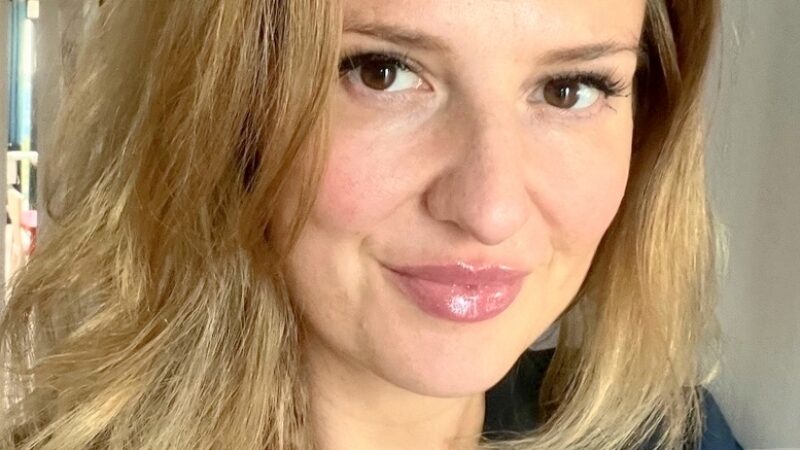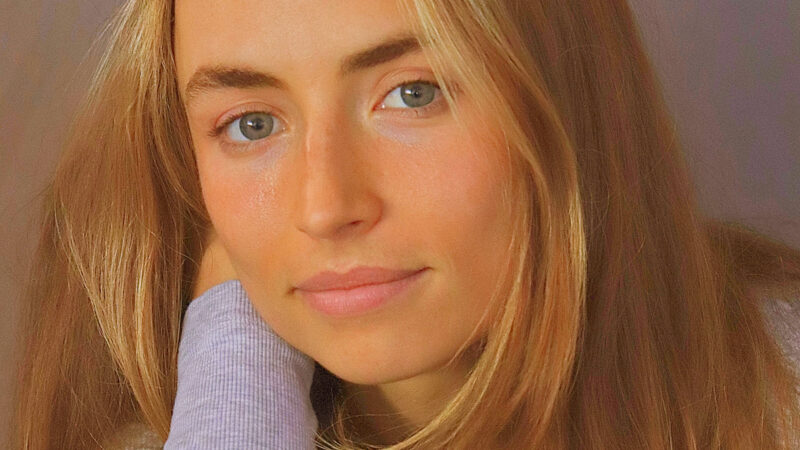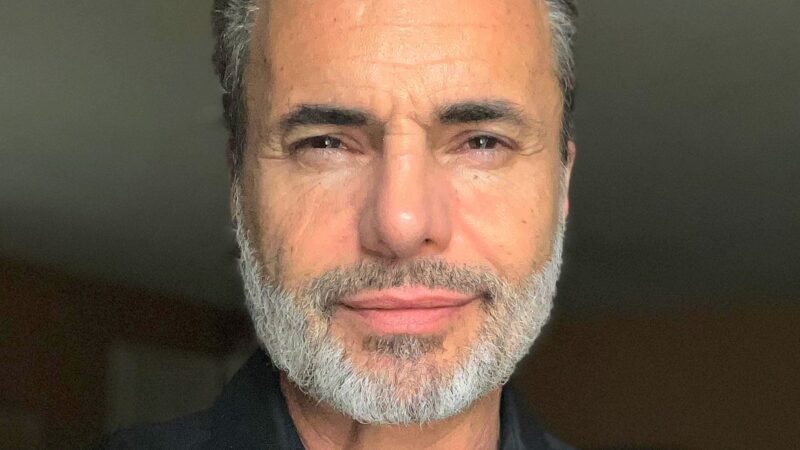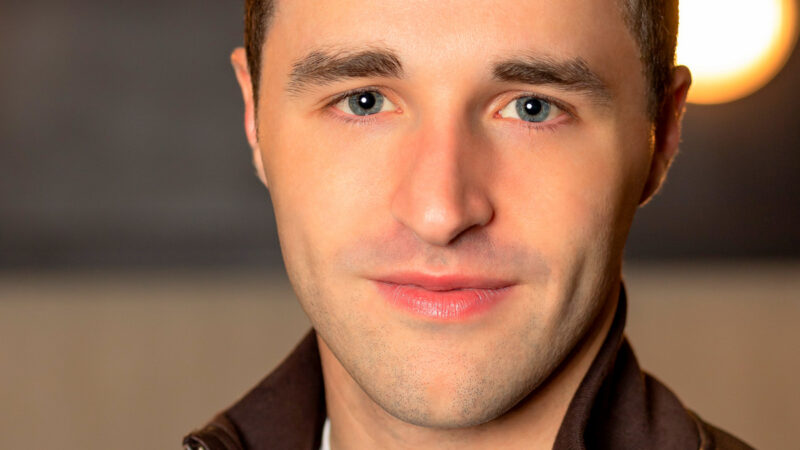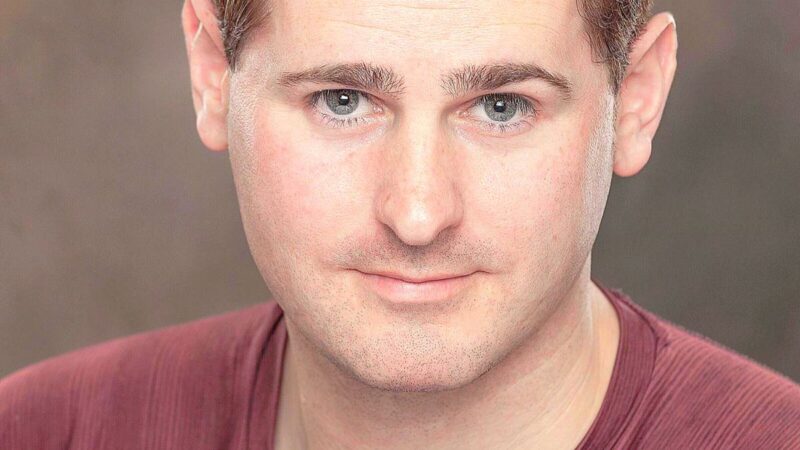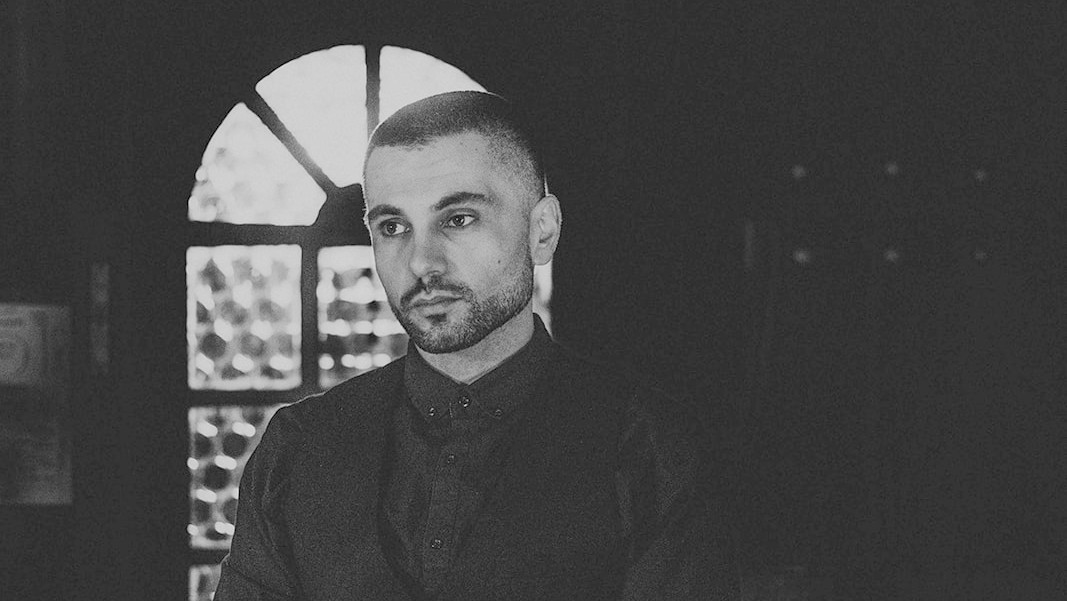
Michael Papaeleftheriou is a producer, director and writer. He is known for The Claire Wizard Thesis (2018), No Way Out (2024) and Crossroads (2025). From film school to student films and to features Michael’s introduction to the world of filmmaking followed the traditional path. The COVID-19 lockdowns, however, marked a turning point. He shifted his focus to writing and launching the development of his own projects. This led to a transformative stint in Europe. He returned to Sydney with the screenplay for Crossroads. Where a dedicated team brought the film to life. Now in Spain, Michael channels his experience into developing his directorial feature challenging himself as storyteller and filmmaker.
indieactivity: Now that Crossroads is complete, what are your feelings about the entire project?
Michael Papaeleftheriou (MP): I feel an immense relief, that it was more than I had imagined, that I made something I was proud of. But mostly that it got done.
Casting is one of those steps in a film production you have to get right. How did you get through it?
Michael Papaeleftheriou (MP): Good actors want two things, a good screenplay and a committed director. I had been practicing my writing religiously for the better part of a year before tackling this project. This gave me the tools to write something compelling on the fly.
Also, it might sound cliché but simply having a little extra money in the budget will attract the right talent. The time and money you invest you’re willing to invest in your projects is an easy way to prove your commitment.
We’ve all been on those sets where you come to learn just how expensive being cheap can be. Any actor worth their salt has been there and done that so it’s about having the tools to show them that it’s going to be a good experience for them. From there the right people will find you.
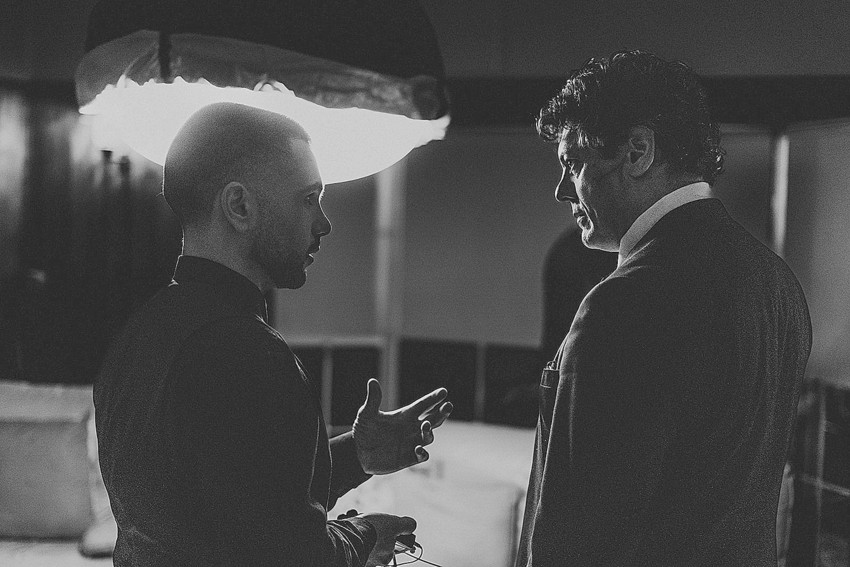
What went into the pre-production process for Crossroads?
Michael Papaeleftheriou (MP): Beyond the standard boring logistics, I had two main points of focus. One was figuring out each and every shot with the DoP and more importantly figuring out the right order to shoot them in. I can’t stress enough… being over-prepared in this department is just impossible.
The second point of focus was of course rehearsals. I feel they’re underutilized in the indie world and I just can’t understand why. The actors get to put their best foot forward and you get to take away some of the teething process during production. For me the golden rule of indie filmmaking is if you can do something before you get to set, do it!
Without giving anything away, tell us a little bit about the script, how did you come up with the idea?
Michael Papaeleftheriou (MP): I was in a bit of a weird position because I had planned to shoot 3 shorts last year, but I quickly realized just how hard shooting a single one would be. From there it was a matter of simplifying things. I started with a single location, far from the city where we wouldn’t be disturbed by all sorts of intrusive sounds and curious passersbys.
With a simple setting in play I knew the complexity would have to be in the conflict, that meant two characters that would serve as mirrors to one another. From there the other elements started falling into place quite fast, and I ended up writing it in a single day.
The not so sexy part of this is the hundreds of workshops and table reads I had attended in the year prior where I was working my writer’s muscle. Having that part of my craft developed allowed the idea to come easy.
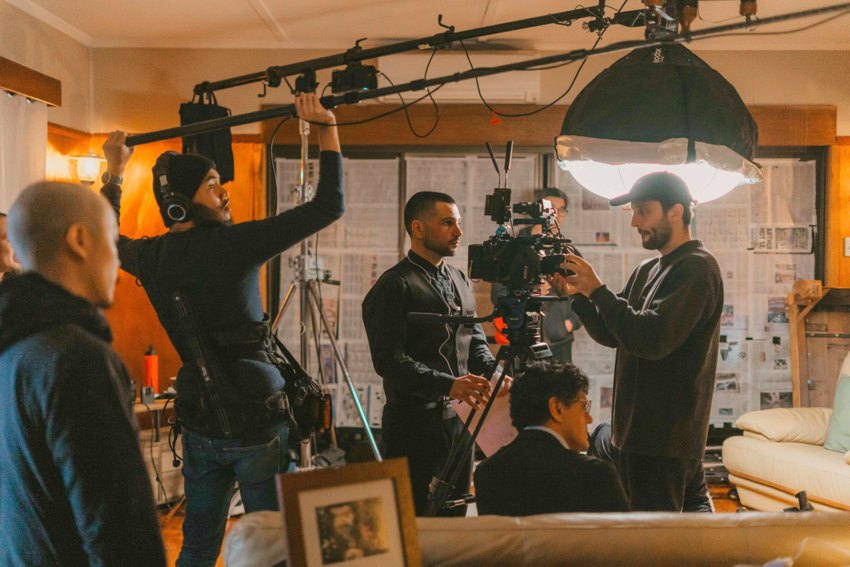
Who is Crossroads for? Who do you think would enjoy it the most?
Michael Papaeleftheriou (MP): My mindset was to make a short that you could watch and ask “okay, that was a really cool scene but where’s the rest of the film? I want more!”
Sure, my team and I injected parts of ourselves and our philosophies into the project, but the goal was first and foremost to exceed in the craft itself. Because of this I feel it’s simply put… for fans of cinema.
How long did it take to shoot the entire film?
Michael Papaeleftheriou (MP): It was 4 months of saving money, 1 month of intense pre-production and 3 nights of shooting.
How did you work with actors to get the best performances? Give us a typical onset direction at production?
Michael Papaeleftheriou (MP): With Crossroads I was lucky enough to find two consummate professionals in Shane and Leanne. I was able to communicate my vision to them with ease and what they brought to their performance from there was simply perfect.
We were so enthusiastic about that project that we ended up getting the performances locked in during rehearsals.
On set, it was merely about slight adjustments to marry the performance with the cuts that I knew would be there in the edit. All in all it was just about showing Shane and Leanne see what I saw, they took the reins from there.
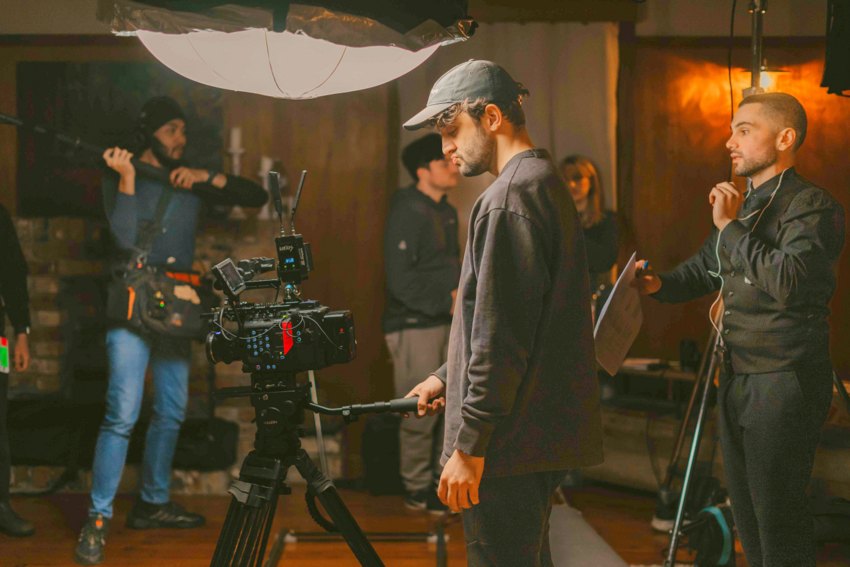
Crossroads had talent working behind the scenes designers, composers etc. How’d you handle creative differences?
Michael Papaeleftheriou (MP): As a Director it’s my job to get everyone to see the same vision. Once my job is done there are no creative differences, there are only better ways to achieve the vision. So whenever someone had a suggestion regarding anything creative my answer was always “let’s do it”.
You might think that’s an insane answer but don’t underestimate the part when I did the work. A lot of directors are content to just show up to set and figure it out on the fly… This ends up making the shoot a race against the clock and that’s when those serendipitous creative opportunities slip through your fingers.
What techniques do you use to ensure a film is cohesive and flows well throughout the story?
Michael Papaeleftheriou (MP): When it comes to story it simply comes down to putting the time into developing your screenwriting. It’s hard to really name a “technique” because when you’ve put enough hours into that side of the craft you stop thinking about how you can elevate the screenplay and instead start to ask “where is the screenplay taking me?” From there it’s just about how well you listen.
What shots and camera angles do you prefer for particular scenes and why?
Michael Papaeleftheriou (MP): Every Frame A Painting’s video essay on Ensemble Staging is my holy grail when it comes to shot selection. I generally pick a few key shots that champion the story of the scene, from then I imagine the flow of the edit and where I would want to have a cut, that’s where all my supplementary shots come into play.
To put it in basic terms, I shoot wide as often as possible and cut only when I have to. I’ll only get proper coverage on the rare occasions where my DoP is seeing something I’m not.
What’s next for you? What are you working on right now?
Michael Papaeleftheriou (MP): Crossroads was a big wake-up call with regards to just how much it takes to make something of quality. I have some loose plans in place to get funding for a feature. Beyond that I’ll be looking to help with my first projects while improving my screenwriting over at Script Camp.
How do you tackle projects with very tight timelines or challenging locations?
Michael Papaeleftheriou (MP): All my projects run on tight timelines, it’s simply a matter of not having infinite money to throw around. I do try to make things easier though by writing my screenplays with the resources that I have in mind, this time around that meant shooting at a single location.
I also make sure I’m prepared before getting on set. With Crossroads there was actually very little that I had to do on set, we were just that prepared.
How has technology changed filmmaking, in what ways have you adopted new methods in your productions?
Michael Papaeleftheriou (MP): Honestly as indie filmmakers it’s opened the door for us to be lazy for the most part. A lot of sets I’ve been on have been way too relaxed because hey, at the end of the day we can shoot unlimited footage with digital. Ten hours into a shoot people generally start to wish they were somewhere else.
I try to remember that at the end of the day filmmaking technology peaked with the invention of “the cut”. Everything else is just smoke and mirrors to me at this level.
What tips would you give aspiring filmmakers who are just starting their careers?
Michael Papaeleftheriou (MP): Get started with the intention of doing a “bad job”. Make mistakes part of your intent. As artists, we’re always trying to get things perfect, but there’s a limited window in anyone’s life to make those microbudget passion projects. People move on fast (sometimes away from filmmaking entirely) so don’t waste that precious time trying to make the perfect film.
If you’re looking for a step-by-step guide to making your own short, I’d genuinely recommend checking out the Instagram for Crossroads (@crossroadsfilmjournal)where I documented the entire process from script to marketing.
Tell us what you think of the interview with Michael Papaeleftheriou. What do you think of it? What ideas did you get? Do you have any suggestions? Or did it help you? Let’s have your comments below and/or on Facebook, Instagram, or Twitter.
Socials
Website
IMDb
LinkedIn
Instagram
Vimeo
FILMMAKER INTERVIEWS

